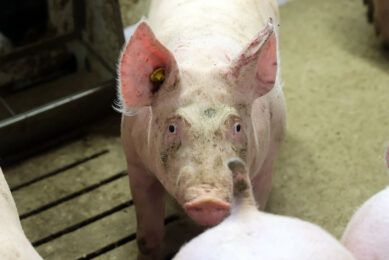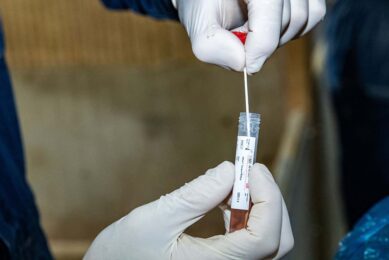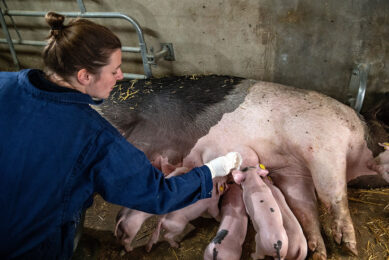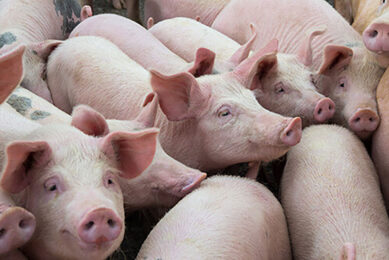AMI battles on against ‘swine flu’ usage

As part of ongoing efforts to urge the media to cease the use of the term “swine flu” when referring to the Novel H1N1 virus, AMI President and CEO J. Patrick Boyle today sent a letter to 25 executives at the top television networks around the country.
The letter builds on last week’s outreach to 4,500 radio, print and television health and education reporters and producers across the US urging them to use the correct verbiage and to provide balanced and accurate information to consumers about the Novel H1N1 influenza virus.
©
In the letter to the heads of networks ranging from CNN to Telemundo, Boyle noted, “It is not the American Meat Institute’s opinion alone that the inaccurate reporting is harmful.© The World Organization for Animal Health (OIE) Director General Bernard Vallat wrote, ‘This incorrect nomenclature has led many countries – at the beginning at least – to impose unjustified ban measures related to the import of pigs and pig products. It should be noted that the name of a disease always has heavy implications and has a very strong impact on the behaviour of consumers worldwide.’”
©
The letter also sought to reinforce the fact that Novel H1N1 is a human disease and is not, nor ever has been, a food safety issue.©
©
Boyle concluded, “Pigs have not played any role in the spread of the virus.© We urge you to remind your reporters and producers that continued use of the term “swine flu” is inaccurate and inappropriate and ask that your coverage de-link the virus from pigs or pork.© We ask that you refrain from using pig graphics in your reporting as it reinforces the perception that a link has existed between the Novel H1N1 virus and pig production– something that is regrettable, inaccurate, yet commonly seen.”











